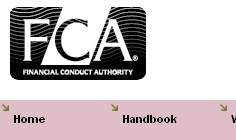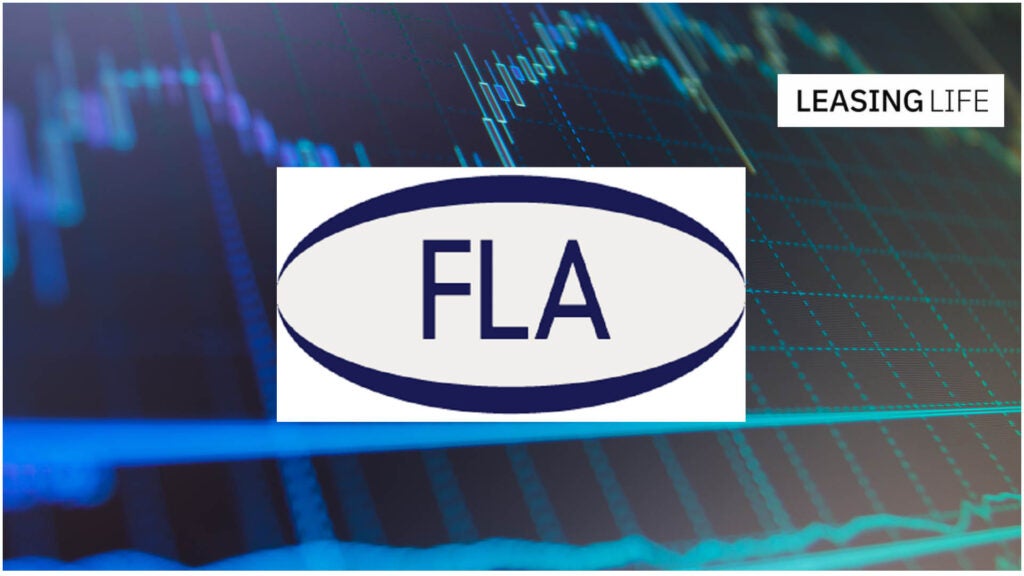
The Financial Conduct Authority has published its view of consumer credit regulation in a consultation paper (CP) at the start of this month.
The CP represents a set of details for industry oversight by the body, which replaced the Financial Services Authority earlier this year and will take responsibility for consumer credit regulation from the Office of Fair Trading (OFT) in April 2014.
The CP can be read at: fca.org.uk/your-fca/documents/consultation-papers/cp13-10
The FCA is also seeking feedback from the industry regarding the proposed regulatory framework, with an online form available at: fca.org.uk/your-fca/documents/consultation-papers/cp13-10-response-form
Responses to the CP will be taken until 3 December, with final guidance published in February 2014.
Targeting poor practice
How well do you really know your competitors?
Access the most comprehensive Company Profiles on the market, powered by GlobalData. Save hours of research. Gain competitive edge.

Thank you!
Your download email will arrive shortly
Not ready to buy yet? Download a free sample
We are confident about the unique quality of our Company Profiles. However, we want you to make the most beneficial decision for your business, so we offer a free sample that you can download by submitting the below form
By GlobalDataAs outlined by the CP, all credit agreements are to come with affordability checks for the consumer; misleading advertisements will be banned; companies which supply greater rate-for-risk products will face tighter supervision; consumers will retain the option to turn to the Financial Ombudsman Service; the ‘fit and proper’ test will be strengthened for those who would supply consumer credit; and there will be increased enforcement and fines for companies with poor practices such as money laundering or operating unauthorised businesses.
In particular, the FCA will target those areas of consumer credit with a national media profile of perceived bad practices, such as incentivised selling and high interest rates, as declared by Martin Wheatley, head of the Authority, in September last year. Although Wheatley said such selling would not be banned outright, he advised much of what the Authority had seen did not work.
National press reaction on the day the proposals were published, 3 October, highlighted the proposed changes to payday lenders. The BBC news website focused on the potential for adverts to carry risk warnings, The Guardian on tougher controls for rolling over personal loans, and the London Evening Standard on MP Stella Creasy’s warning payday lending could be "the next PPI scandal".
However, Stephen Sklaroff, director general at the Finance & Leasing Association (FLA), warned the rules "go far beyond the payday sector and have implications for all UK credit customers".
Skalroff also reiterated his concerns, first voiced in April, that the time frame for regulatory change, and for companies to digest the 600-page FCA rule book published this month, was too "tight". He added the Authority acknowledged the timetable could reduce credit availability "in some markets".
Despite the warning, Sklaroff said the FLA and its industry members, which provided £55.1bn of consumer credit in 2012, "will be working with the FCA in the coming months to try to minimise any adverse impact on customers."
Sklaroff added there are "few surprises" in the publication of the initial rule book of the Financial Conduct Authority, for which he credited the FLA’s "close dialogue" with the Authority, but urged those in the car finance industry to check their credit licences. Companies are to use licences granted by the OFT to gain an Interim Permission to supply credit under the FCA from April.
Full authorisation
Sklaroff said he was "pleased" the FCA had also considered the "practicalities of change" and offered the example of full authorisation. Originally, full authorisation for companies under the Authority would not be granted until autumn 2014 but the FLA raised a concern this may cause problems for the industry, and now companies can have "full authorisation from the get-go" in April.
He also acknowledged the FCA has "looked at" and "lightened" proposed regulatory burdens, including "clearly reducing some requirements" such as not asking for data reporting until full authorisation.
Also, formerly, credit providers’ customer-facing documentation and websites would have had to change twice, at the interim and full stages of regulatory approval. Now customer-facing literature will only have to change once, following regulation confirmation by the FCA.
The next demand of the FLA, said the director general, was the "need to track through these things" and ensure the FCA is doing as it has proposed. The FLA will support members during the interim period by continuing to report on FCA proposals, holding regular meetings of its Regulatory Reform Group (made up of 50-60 Association members) and other committees looking at the details of the Authority, and hosting a conference on the FCA on 5 November at the British Library in London.
The Consumer Credit Trade Association (CCTA) has likewise been dealing with the transfer and rule book "quite heavily" with a full day’s training course on 16 October in Birmingham and a 10-page bulletin sent to its members following the publication of the draft rules.
Graham Haxton-Bernard, head of legal, compliance and regulatory policy at the CCTA, said the association was helping its membership through the "quite painless" Interim Permissions process, including a series of "briefing days around the country with legal explanations" of the changes. Such sessions, said Haxton-Bernard, would combine the perspective of external lawyers with his own "highlights" of the changes to come.
Meanwhile, Adam Wonnacott, sales director at Burlington Group, welcomed the proposals which may introduce a "level playing field" for the debt collection and enforcement sector.
Regulated, not licensed
With debt collection agencies regulated under the FCA, as opposed to licensed at present, Wonnacott was happy collections would be restricted to businesses which could "demonstrate the required level of competency and sustainability".
Instead of licensed companies using third-party field collectors, without a ‘fit and proper’ persons’ test, the FCA will introduce a regime of Appointed Representatives (ARs), individuals of whose work the Authority must be kept informed by the Principal Authorised Business.
"It will no longer be possible for businesses operating in the field debt collection industry to engage subcontractors on an ‘ad hoc’ basis," said Wonnacott.
"All authorised businesses will need to take responsibility for the continuing professional development of ARs and background checks."
Similarly, Simon Shuttleworth, managing director at Peak Collections, said he welcomed the move from licensing to regulation for collections agencies (see Peak of the market).
He added some agencies would leave the market, unable to cope with the increased demands of compliance, while self-employed collectors which are "used by many agencies working on a subcontraction model", would no longer be able to trade on the licence of their instructing agent.
Case study: Interim Permissions
Arwyn Harris, director at NCA Vehicle Management:
"I can’t say it’s the smoothest of transitions. I’ve registered and done everything that’s been required but I am still awaiting the communication that was supposed to be issued in September.
"An interesting point here is that those of us who renewed our CCLs (Consumer Credit Licences) in the last few years and who paid a large sum of money to do so are now about to be asked for another fee.
"In any other business some might call foul and call for the OFT to investigate. Who, might I ask, is investigating the OFT as this can hardly be fair trading?"
Join in the conversation on the Motor Finance LinkedIn group
richard.brown@timetric.com







